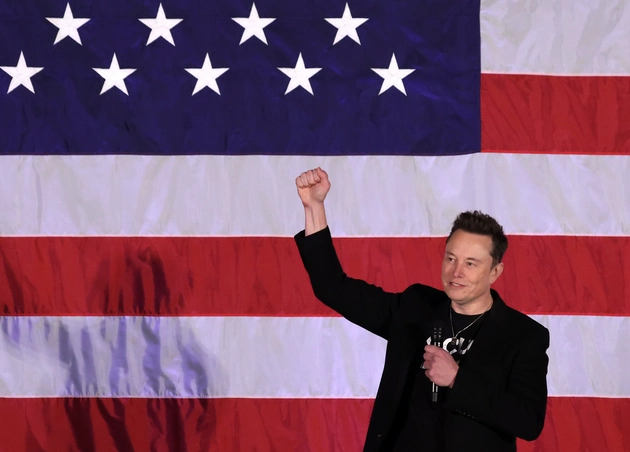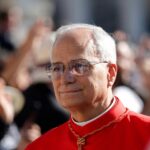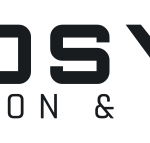Musk Unveils America Party Following July 4th and GOP Feud
Tech billionaire Elon Musk has announced the formation of a new political entity, the “America Party”, which he says will represent the “80% in the middle” of American voters. The move comes on the heels of Independence Day and intensifies his ongoing feud with President Donald Trump and Republican lawmakers over tax policy.
In a series of posts on X, Musk declared his new party will “give you back your freedom,” outlining plans to influence politics by concentrating efforts on 2 to 3 Senate seats and 8 to 10 House districts. He claims this could be enough to tip the balance on major legislation.
What It Takes to Launch a Political Party in the U.S.
To officially launch a political party like the America Party, Musk must navigate complex state election laws. Ballot access is different in each state. For example:
- In Kentucky, a party must have received a set percentage of votes in the last presidential election to gain recognized party status.
- In New York, parties are banned from using names containing “American,” which could present an issue for Musk’s brand.
Experts say establishing a new political party across multiple states would require tens of thousands of signatures, experienced consultants, and millions in funding for logistics and legal compliance.
Further complicating matters is the current status of the Federal Election Commission (FEC), which is unable to certify new national parties due to a lack of quorum after a commissioner’s resignation. Only President Trump can appoint a replacement.
The FEC declined to comment on whether it had received paperwork from Musk’s team, and it remains unclear if any filings have been made.
Could Musk Use a Super PAC Instead?
Given the bureaucratic hurdles of party formation, Musk may instead opt for a super PAC model, which would allow him to:
- Fund congressional candidates without FEC-recognized party status.
- Spend unlimited money in support of candidates without donation limits.
- Operate independently from the campaigns they support, as required by law.
Election lawyer Matt Sanderson told media this is often a smarter strategy:
“Form a super PAC, just call yourselves a political party — that’s not against the rules. The FEC blessing is not needed.”
Sanderson noted that bypassing FEC certification would allow Musk to focus on results rather than red tape.

Teaming Up with Existing Third Parties
Another potential path for Musk could be forming alliances with existing third parties, like the Libertarian Party or Forward Party. These parties already have ballot access in some states but have struggled with electoral success.
Notably:
- The No Labels movement dissolved after failing to field a candidate for the 2024 election.
- Libertarian nominee Chase Oliver received less than 0.5% of the national vote.
Sources told media that Musk has spoken with Andrew Yang, the former Democratic presidential candidate who now leads the centrist Forward Party, indicating a potential collaboration.
The Branding Challenge of a New Political Force
Despite the logistical advantages of a super PAC, some legal experts argue there’s value in building a formally recognized political party. Attorney Caleb Burns emphasized that official recognition provides a political “brand” that candidates and voters can rally around.
“The success of any new political party will turn on whether there are sufficient candidates — and, by extension, members of the public — interested in aligning with that new brand,” Burns said.
Whether Musk decides to formalize the America Party through FEC processes or push forward under the super PAC model, public interest will be the deciding factor.
What’s Next for the America Party?
As of now, the America Party appears to be in its infancy, with no clear candidates or filings. But if Musk succeeds in attracting attention and resources, his party—or super PAC—could reshape the political landscape by disrupting key races in 2026 and beyond.
With American voters increasingly disillusioned by the traditional two-party system, Musk’s bet on the “80% in the middle” may resonate with a broad but underserved base.













